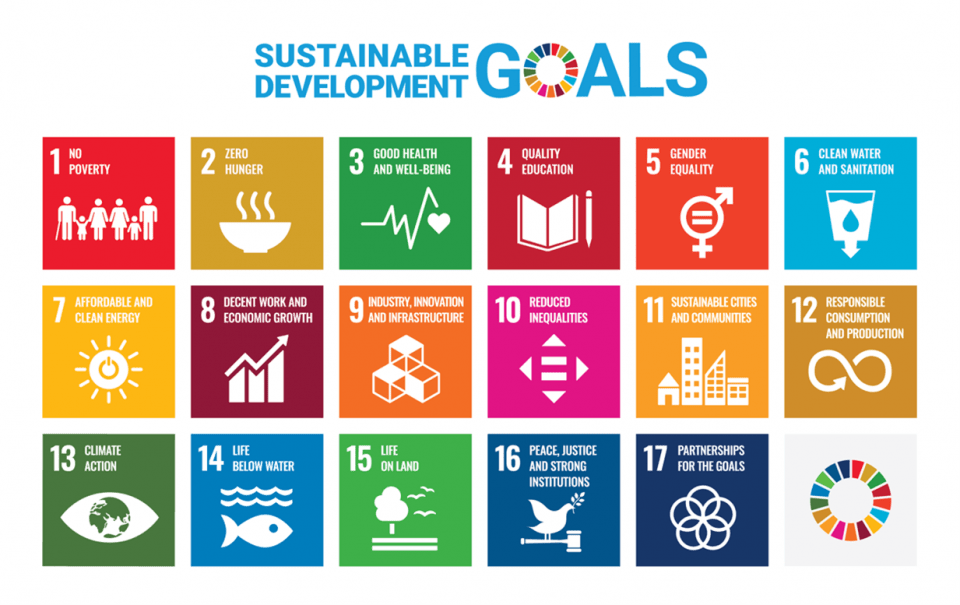Blog Post by Alexander J. Klein: former advisor at the Romanian Government and current Teaching Assistant of International Relations and Climate Change at the Interdisciplinary Center (IDC) Herzliya.
This Blogpost is the result of the event “Energising Europe” in collaboration with LYMEC, on 26-28 June 2020.
Euroscepticism has been growing, and with COVID-19 adding fuel to the Eurosceptic fire, providing fertile ground for populism and illiberalism to grow, the very foundations of the EU are being challenged. The strength of a liberal Europe is its ability to adapt to new challenges through outside the box solutions within an equitable framework. Populism, on the other hand, seeks to provide simple answers to complex problems. In the case of Climate Change, the populist solution is either scepticism or through using Climate Change for their illiberal ends. Not taking action will jeopardize not just the future of Europe, but also humanity’s fight against Climate Change – a battle in which the EU has a significant role to play.
I would argue that the rise of populism has shown that liberalism needs to adapt to remain competitive in the battleground of ideas, to limit the harm the rise of populism and illiberalism are causing. A public policy paradigm shift is necessary – and Sustainable Development can fulfil this role. By highlighting how sustainability can help us better conceptualize policy issues, we can also appreciate how Sustainable Development goes beyond just combating Climate Change. Integrating Sustainability with Liberalism provides a blueprint for countering populism and rebuilding the EU post-COVID-19 more sustainable.
A good definition for Sustainable Development is “[…] development that meets the needs of the present without compromising the ability of future generations to meet their own needs […]”. Achieving this vision requires ensuring that economic growth and social wellbeing don’t come at the cost of the environment. These three variables are known as sustainability’s three pillars, and implementing sustainability is, in itself, a balancing act that requires a holistic approach. The result is the empowerment of the individual.
To achieve this, EU decision-makers need to see the bigger picture of how various policy issues relate to others, even if this is not readily apparent. Looking at empowering the individual as an example, Sustainable Development enables us to improve the interplay of variables influencing our success – be it education, healthcare, robust institutions that protect civil liberties etc., which are interconnected. Having a holistic approach, in turn, also has the side-effect of highlighting the impact the environment has upon us (such as our health), thus showing how climate change harms us as individuals.
By complementing liberalism with Sustainable Development, we create a new way of perceiving issues that helps decision-makers implement policies sustainably while also taking action against Climate Change. A comprehensive framework for such a task is the 2030 Agenda for Sustainable Development. Adopted in 2015 by the UN General Assembly, the 2030 Agenda is “[…] a plan of action for people, planet and prosperity […]” which is structured around 17 Sustainable Development Goals (SDGs) which deals with policy issues retaining to Sustainable Development (See Figure 1). Considering the vastness of this field, the SDGs offer a clear public policy framework to address problems holistically.
Such a framework structured around the 2030 Agenda can build upon the European Green Deal, which is an excellent first step in ensuring a sustainable future for the EU. The European Green Deal aims to transform the EU into a fair and prosperous society by reaching carbon neutrality by 2050 and by integrating sustainability into all of the relevant EU’s policy areas. However, one of the limiting factors of the EU Green deal is the current competences of EU institutions vis-à-vis the Member States – and this is where the SDGs can help.
Ideally, the EU should fulfil the role of Europe’s sustainability coordinator – helping member states in harmonizing their sustainability policies to ensure regional collaboration. These policies would then be integrated within a broader European Framework – thus strengthening the EU’s ability to reduce the persisting cleavages between member states by ensuring that no one is left behind.
A common EU framework would allow for national implementation to align across the continent, ensuring that member-states remain committed to implementing the SDGs. Such a framework would help in facilitating joint projects between member states, the sharing of acceptable practices, and enhance stakeholder engagement. This also avoids having different member states conceptualizing Sustainable Development differently.
Considering the current debate surrounding the long-term impact of COVID-19 within the broader context of the future of Europe, now is the time to be more ambitious. The development of sustainable policies presents a cure to the multiple crises affecting Europe while also making the Union more resilient. A larger EU role is needed to safeguard liberalism, future-proof the European Project, and combat Climate Change before it’s too late.
